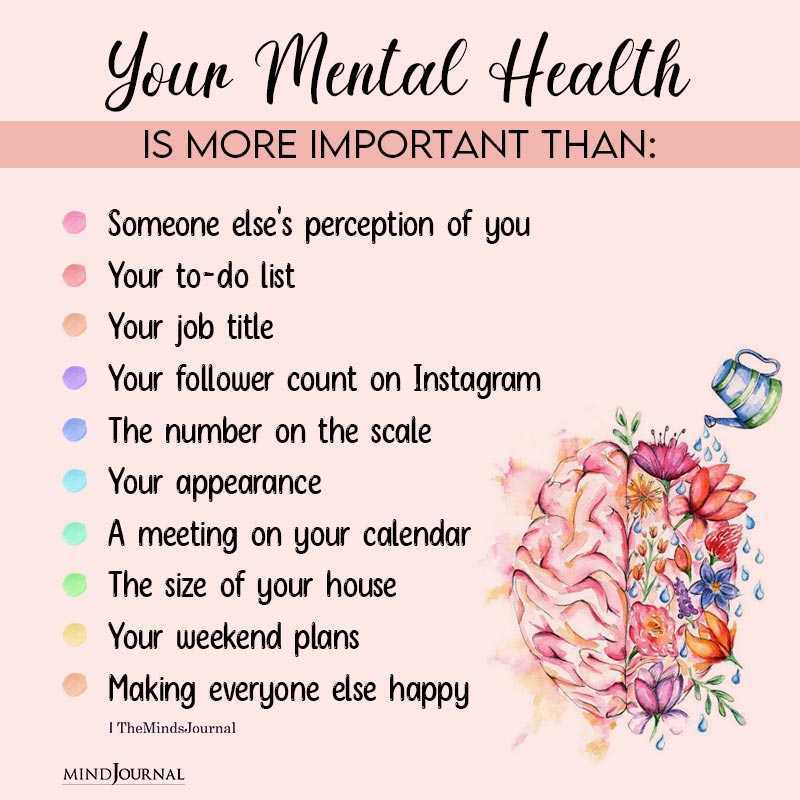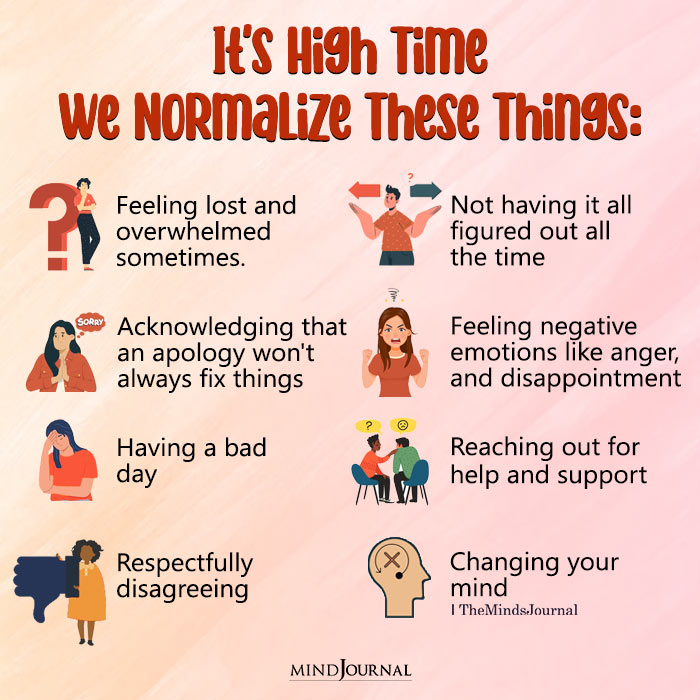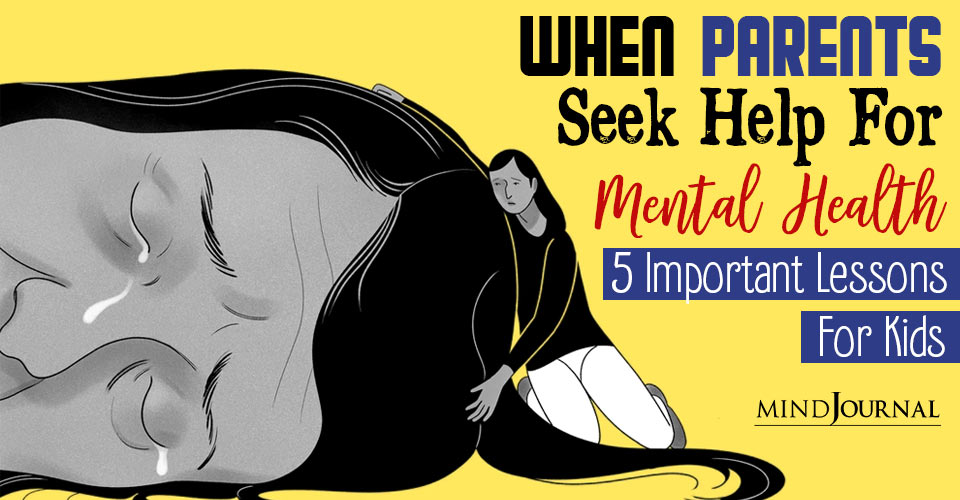When you seek help for mental health, you set a positive example for your children to encourage healthy habits in your family.
If you are struggling and thinking about reaching out to a medical professional but are hesitant to do so, perhaps knowing the powerful things kids learn when you seek help for your mental health might help you take that next step.
Recognizing that you might need help and then actually reaching out are very hard things to do. There is such a stigma around mental illness and around medication, and therapy to manage them, that reaching out can feel like a failure.

But reaching out for help with your mental health issues might not only make your life a better place but also improve the life of your kids!
Here are 5 powerful things your kids learn when you ask seek help for your mental health.
5 Important Lessons Children Learn From Adults When They Seek Help For Mental Health
1. That asking for help is ok.
One lesson that we try to model for our kids over and over is that it’s ok to ask for help and that doing so isn’t a sign of weakness.
But asking for help is very hard to do, mostly because we all want to believe that we can do it ourselves.
Think about your kids learning to walk or ride a bike. Didn’t they want to do it themselves? And didn’t they fall down a lot?
How about your husband when he doesn’t ask for help getting his work project done so he isn’t home for dinner for a week?
How about you knowing that you can’t be in 5 places at once but trying to do so nonetheless and letting everyone down?

All of these examples are people believing that they can do things without help and having to deal with the consequences. By reaching out for help with your mental health, you are teaching your kids a very powerful lesson about how important getting help can be and what a difference it can make.
So, set a good example for your kids – reach out to someone who can help you get healthy.
2. That honesty is important.
Another important lesson that we try to teach our kids is the importance of being honest, always, and that there can be serious consequences if we aren’t. And the consequences of not being honest about your mental health can be disastrous for the whole family!
Imagine what your kids learn when they see you struggling and not doing anything about it. When you are acting like you’ve got this but you obviously haven’t. When they see you pretending that everything is ok but they know it’s not. When they watch you lying to your family/friends/co-workers that everything is fine.
Having the strength to seek help for your mental health is a lesson in honesty that your kids will remember and admire. And they will see the positive consequences that will happen when you are honest with everyone, and with yourself!
Related: 5 Unhealthy Habits That Are Making Your Depression Worse
3. That they are not to blame for your issues.
When my kids were 13 and 14, I was diagnosed with bipolar disorder. I had been struggling with my moods for many years and I didn’t really know why. I am sure that I couldn’t face the truth about it as much as I just didn’t know what to do.
Unfortunately, a breakdown forced me to reach out for help. I am glad I did because I got my diagnosis and I was able to start working towards living with it successfully.








Leave a Reply
You must be logged in to post a comment.